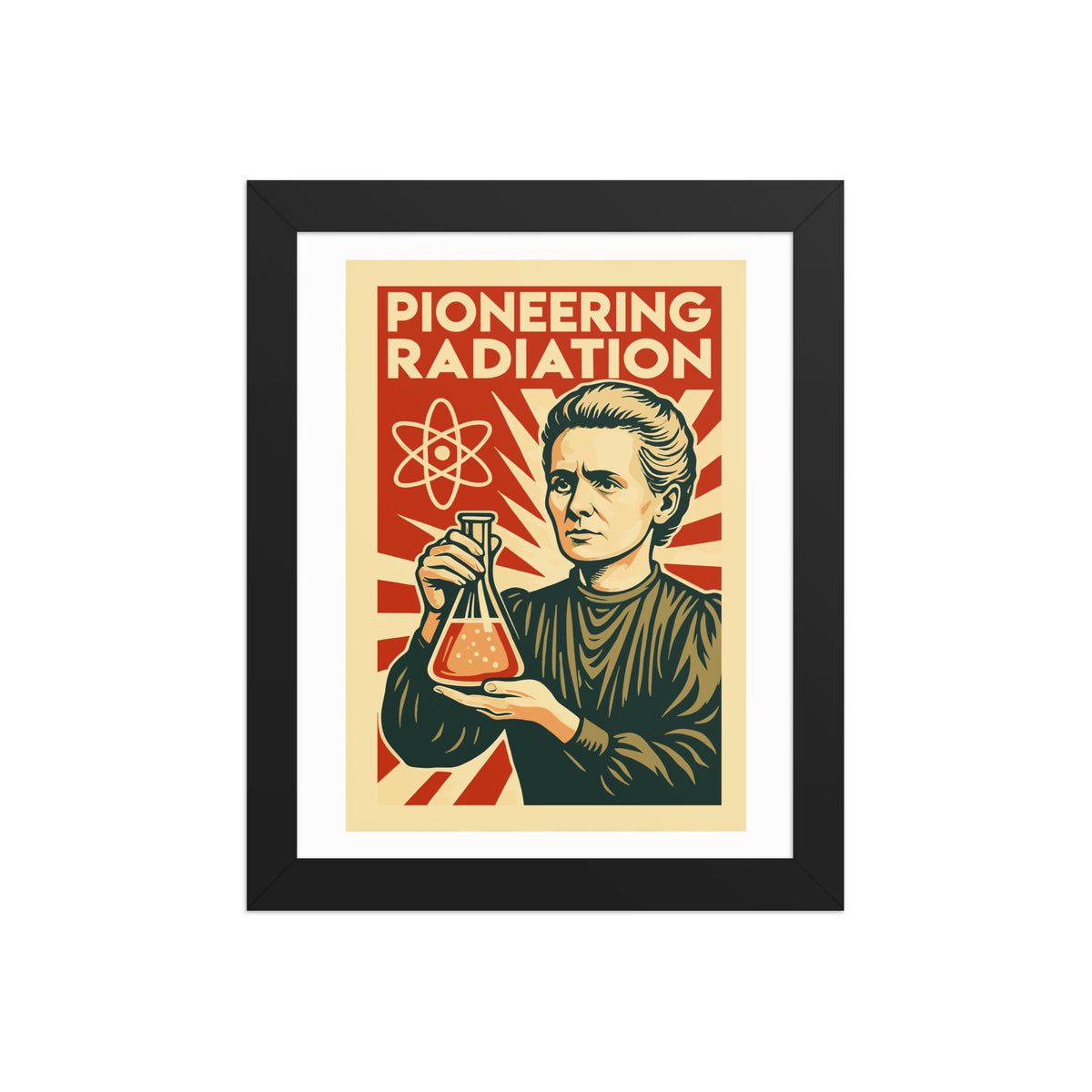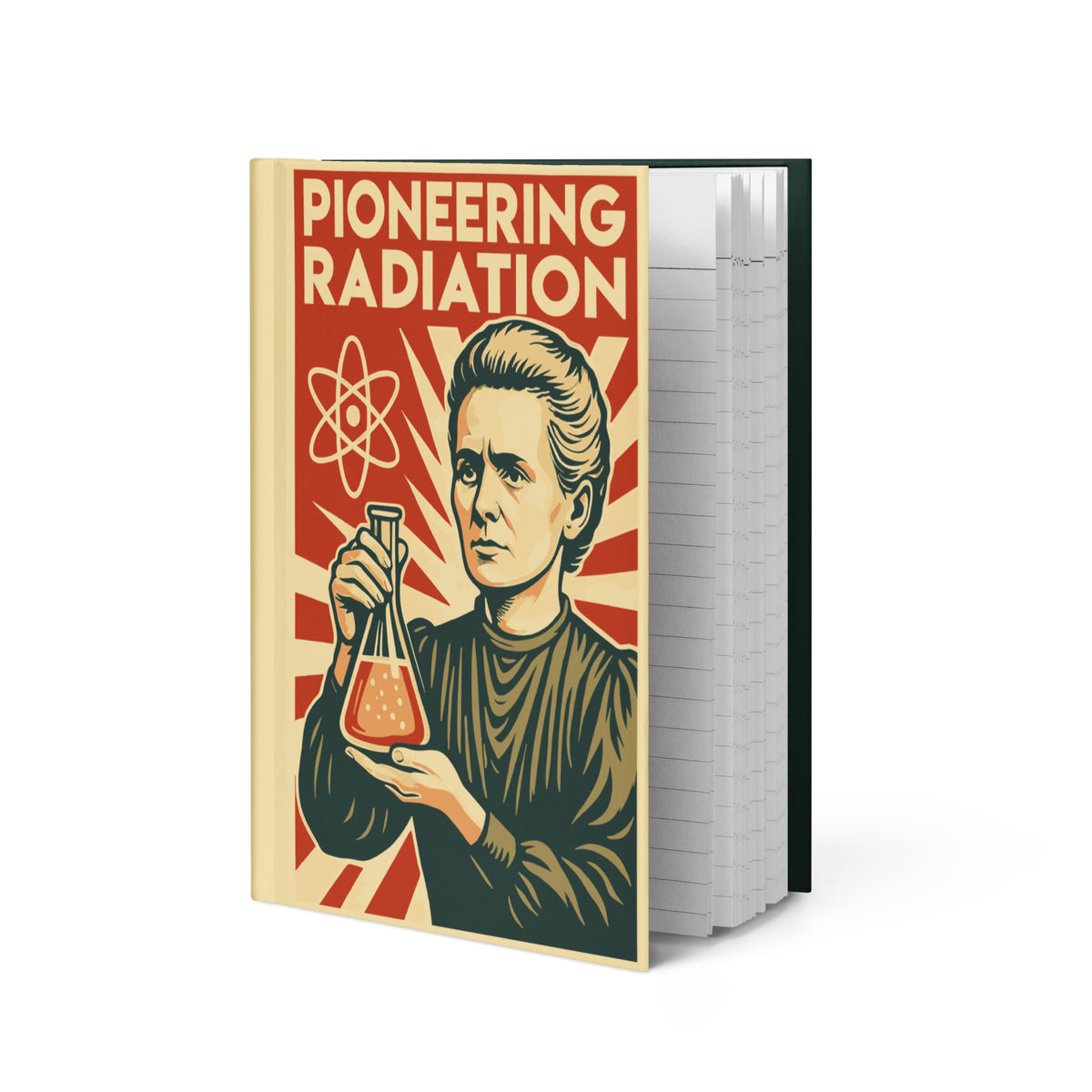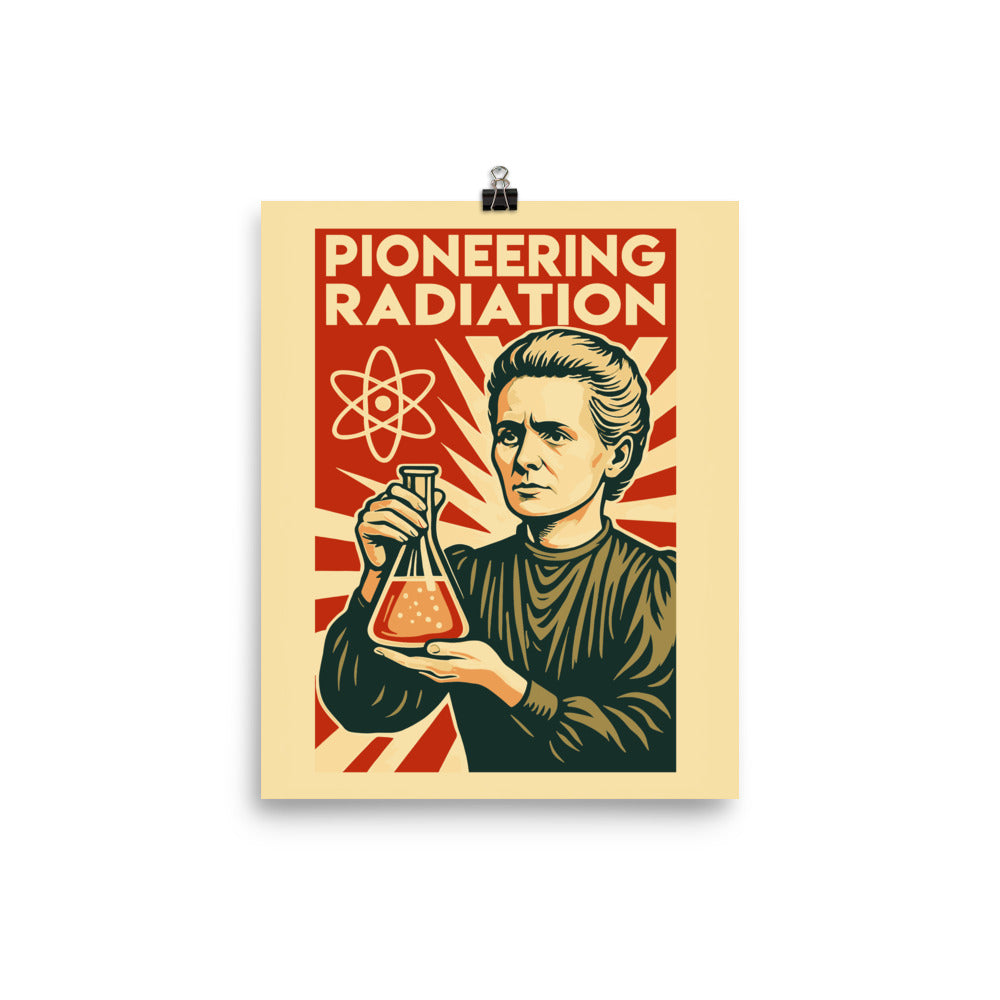Marie Curie, born Maria Skłodowska in Warsaw, Poland, on November 7, 1867, is a name that resonates with brilliance, determination, and groundbreaking achievements in the field of science. Her journey from a young girl in a modest family to a two-time Nobel Prize winner is not just a tale of personal triumph but also a significant chapter in the history of science, particularly in the study of radioactivity.
Early Life and Education
Curie's early life was marked by a thirst for knowledge. Despite the challenges posed by her family's financial struggles and the restrictions on women's education in Poland, she excelled academically. In 1891, she moved to Paris to study at the University of Paris (Sorbonne), where she earned degrees in physics and mathematics. It was here that she adopted the name "Marie" and began her lifelong pursuit of scientific discovery.
Groundbreaking Discoveries
Marie Curie's most notable contributions to science include her pioneering research on radioactivity, a term she coined. Alongside her husband, Pierre Curie, she discovered two new elements: polonium and radium. Their work laid the foundation for the understanding of atomic structure and radioactivity, which would later have profound implications in various fields, including medicine and nuclear physics.
In 1903, Marie Curie became the first woman to win a Nobel Prize, sharing the Nobel Prize in Physics with Pierre Curie and Henri Becquerel for their collective work on radioactivity. Her relentless pursuit of knowledge and her groundbreaking research earned her a second Nobel Prize in Chemistry in 1911 for her discovery of radium and polonium, making her the first person ever to win Nobel Prizes in two different scientific fields.
Challenges and Triumphs
Despite her monumental achievements, Curie's journey was fraught with challenges. As a woman in a male-dominated field, she faced significant obstacles, including skepticism and discrimination. Nevertheless, her resilience and dedication to science propelled her forward. She became the first female professor at the University of Paris and was instrumental in establishing the Radium Institute in 1914, which advanced research in radioactivity and its applications.
Legacy and Impact
Marie Curie's legacy extends far beyond her scientific achievements. She was a trailblazer for women in science, inspiring generations of female scientists to pursue their passions despite societal barriers. Her work has had lasting impacts, particularly in the fields of medicine, where radium is used in cancer treatment, and in nuclear physics, which has shaped our understanding of atomic energy.
Curie's commitment to science and humanity was evident during World War I when she developed mobile radiography units to assist in the treatment of wounded soldiers. Her efforts not only saved lives but also showcased the practical applications of her research.



